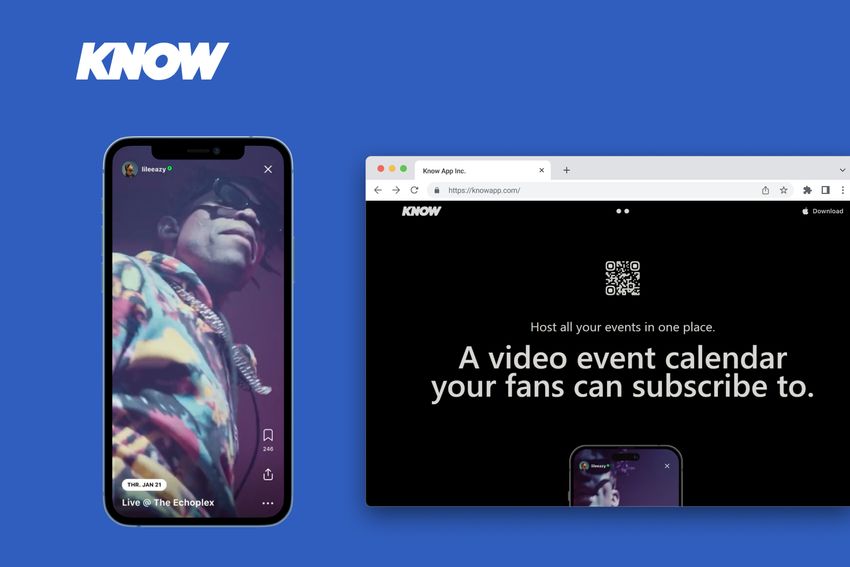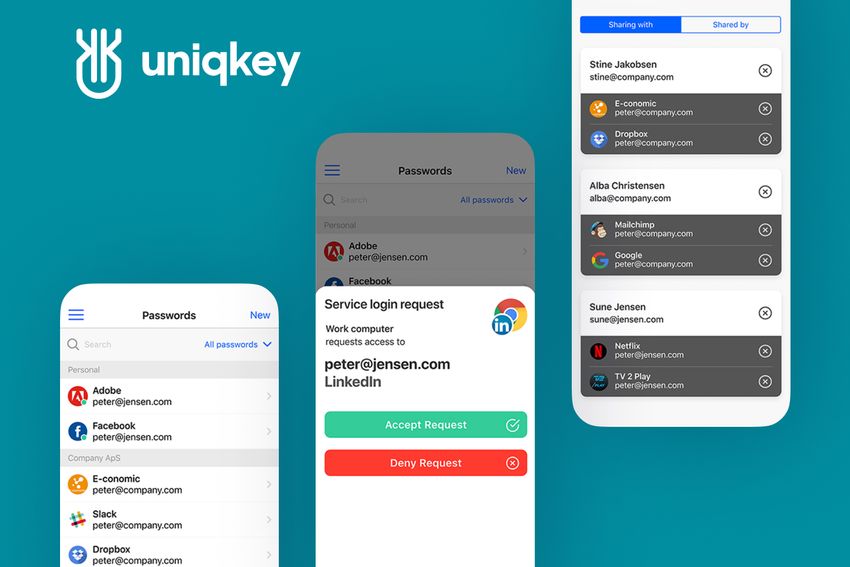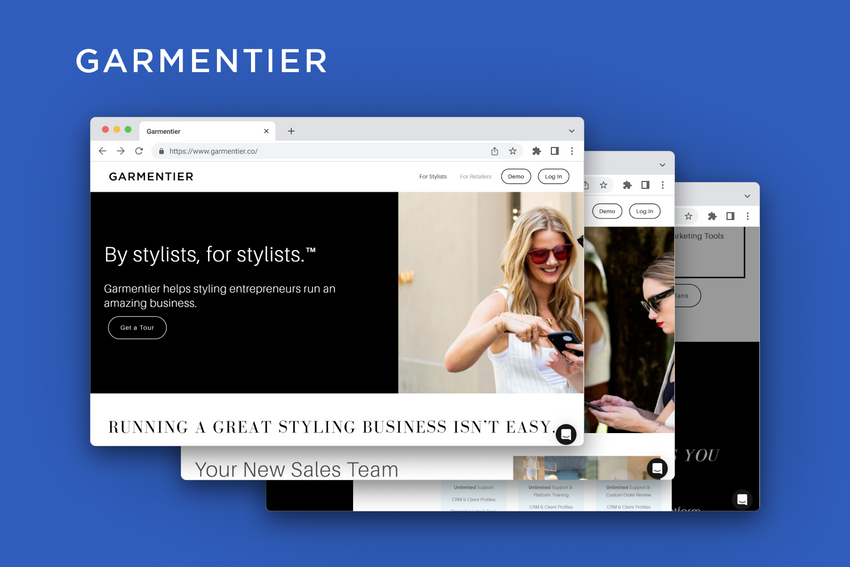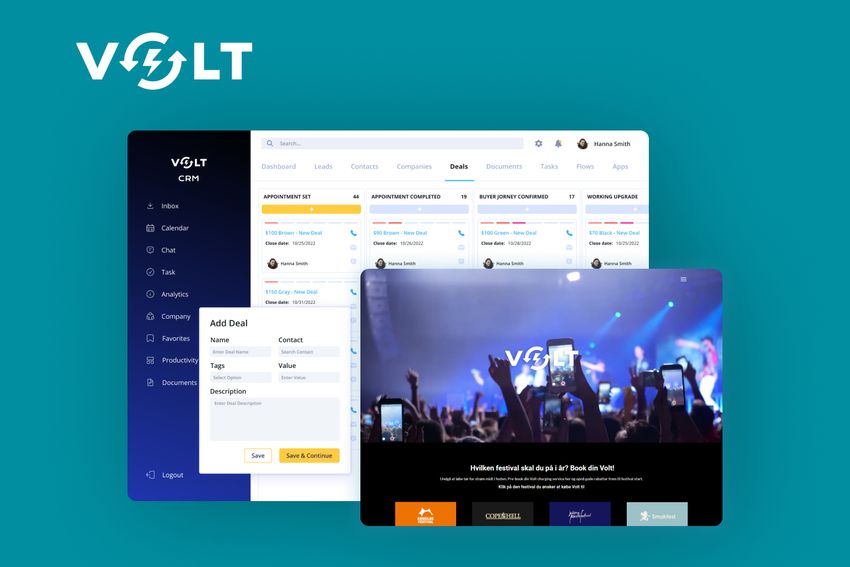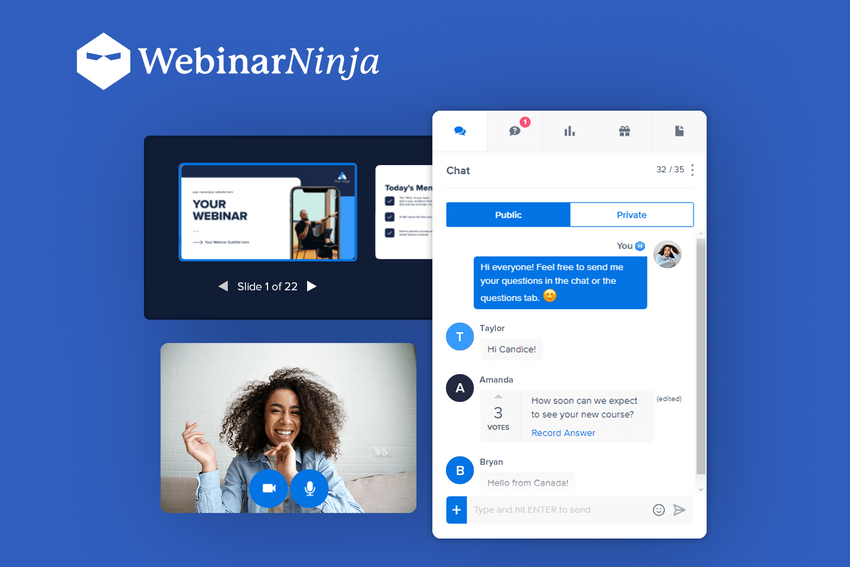How To Start Your Ecommerce Business From Scratch In 2025
Get a detailed plan on how to turn your ecommerce business idea into a world famous brand.
Ecommerce is now one of the fastest growing industries, as lots of startups all over the world struggle to create their own online store and become as popular as Walmart and Amazon. But how to start an ecommerce business if all you have is just an idea, and how to make it profitable? Let’s figure it out.
1. Decide on a Product
Your product should solve a definite customers’ problem. For example, bottles from stainless steel became popular because they can be reused without polluting the environment. If you want to find such opportunities, do the following:
- Use social media to read comments on different brands you admire;
- Ask friends about products they purchased recently and didn’t like;
- Pay attention to popular trends like conscious consumerism or healthy lifestyle;
- Think about items in your home that disturb you or look outdated and can be improved.
Then choose your niche and research for items that can solve the defined issue. Pay close attention to demographic and psychographic characteristics of your future consumers, because if you understand what they want, you will have success.
2. Research the Competitors and Find Your Advantages
When you set up an ecommerce business, it’s good to look at popular brands like Nike, Pandora or Ebay, and highlight everything you find good and innovative. It can be the design, the branding, the way they communicate the idea, the shipping options, etc. Write down your top 10 favourite features and think how they can be realised in your product to make it better, at least in something. Starting an ecommerce business from scratch try not to use seasonal products, but if you really want, think about additional items to sell all year round. It’s good if your product could be purchased again, or at least need some related accessories, and cost from $20 to $60 each — neither cheap nor expensive.
3. Get Clear on the Brand Mission
Now, you are ready to describe the mission of your business: what is its main goal? Making people happy, aligning their individuality, freeing their workload or probably automating the routine? This seems not so important at first, but your brand mission will define your whole business strategy. Also think about the tagline, the brand voice and values. Look for inspiration at competitors’ websites, using their mission only as a starting point.
4. Create Your Logo and Design
This is needed to distinguish your brand among others and get the feeling of integrity of all your communication with the customers. You can open Google Fonts and try different styles to see what fits your brand mission best. To find your colour palette, you can go to Design Seeds, which posts a new colour scheme every day and has thousands of themes.
5. Choose the Sailing Method
Here you don’t need to invent something, but just to choose among the product-sourcing strategies. If you want to sell online without creating your own products from scratch, you can drop-ship (purchase the inventory from a supplier after a customer purchases it, like Aesthentials), wholesale (purchase the products from a supplier before customers, like ASOS), or private label (hide the fact that you purchased products from another supplier, like IKEA). If you want to build a well-known brand with great potential, you need to create your own supplier platform with original products (like Alibaba). Be ready to have around 200 units of each product at the start, and then gradually increase this number.
6. Create the Landing Page and State the Shipping Policy
Building an online store is an essential part of a successful ecommerce business. It’s ideal to have a separate page for every product you sell, but if you are just starting, you can go with a one-pager. Sometimes even e-commerce giants like Mercedes use one-page websites. Don’t forget to state your shipping and return policies on the website clearly, explain how quickly orders will be shipped in case of ordinal and expedited shipping. Pick 2-3 days a week for shipping orders, but don’t do it every day, as you’ll waste a lot of energy and time in vain.
7. Follow a Marketing Plan
To grow your custom ecommerce solution, you should choose one of the following marketing strategies:
- Social media marketing: to use social media and networks to market your products and services;
- Social media ads: to serve paid ads to your target audience using social media platforms;
- Email marketing: to notify the customers on your email list of new products and discounts;
- Influencer marketing: to use endorsements and product mentions from “experts” who have a dedicated social following;
- Search and display ads: to use paid ads that appear on the screen based on various targeting parameters;
- Search engine optimization (SEO): to orient your website to rank higher on a search engine results page.
You can start with one or two strategies, evaluate their effectiveness, and then try others if needed.
Things to Avoid
Now you are finally ready to build your own ecommerce startup! The last advice we want to give you is to avoid the following common mistakes:
- Giving up if competition is high: if you see a competitor doing exactly the same, don’t give up, but see it as a sign of market validation: there are definitely customers who want this product, so you can capture some market share too, and even a bigger one;
- Buying too much inventory at the start: instead of spending all your money on day one, launch your store with only 2-3 products with 200 units of each. Then, if you really don’t succeed or if you see how to optimise the process (as it often happens), you can sell the products at cost and try again with a new concept;
- Investing too much in marketing: you shouldn’t be afraid of spending money on marketing, but don’t invest too much until you have at least a dozen of organic sales via social media.
Starting an ecommerce business is an exciting adventure. Choose a product that will solve a definite problem, doesn’t cost too much, and isn’t seasonal. State an inspiring mission of the brand and create its individual design that people will remember. And if you need a personal consultation on custom ecommerce development, feel free to contact us, and we’ll be happy to help you in realising your idea.
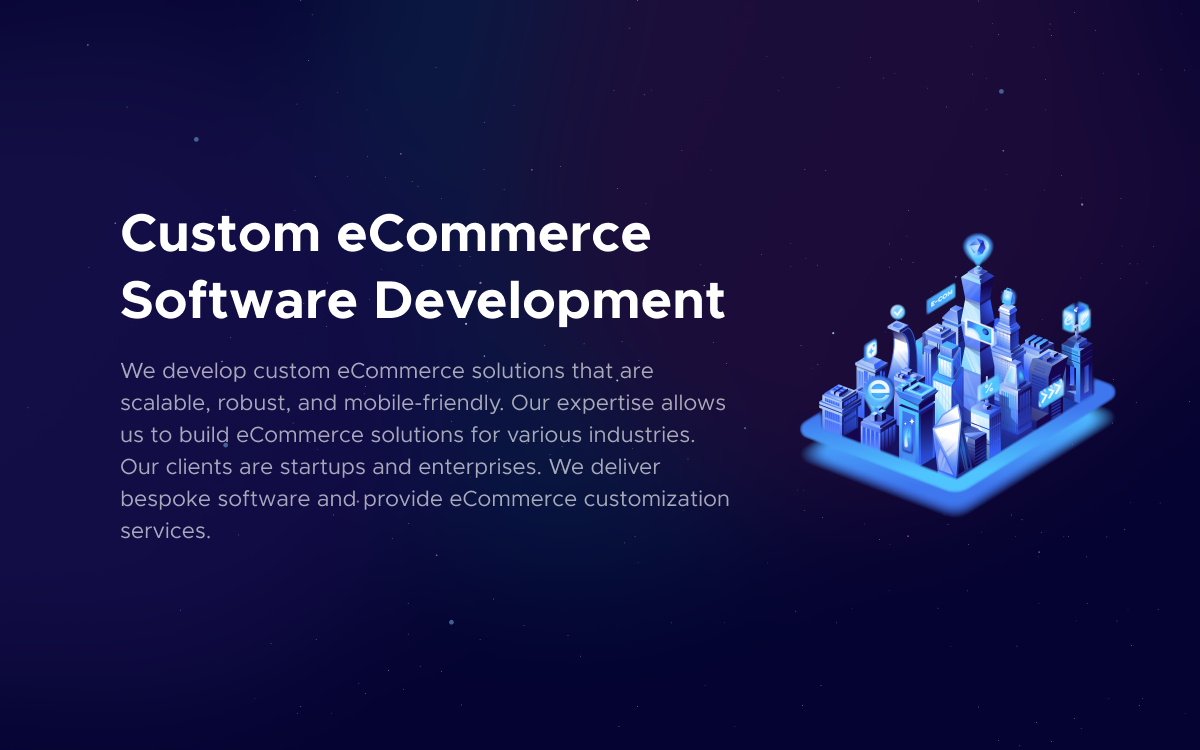
Need Help With A Project?
Drop us a line, let’s arrange a discussion




